
A Conversation with iLe: The Passion for Knowing Yourself and Letting Go
The Puerto Rican singer-songwriter spoke with us about her background, the importance of family, and how the process of getting to know yourself is the key to…
In 2016, iLe (Ileana Cabra Joglar) charmed the music industry with her first album, a mix of boleros, boogaloo and even a couple of coplas in English, under the title Ilevitable, and which set the tone for a new genre with the best of Puerto Rican musical tradition.
In a conversation with AL DÍA, iLe opened a window on the process that has led to a second album and international recognition.
Born in San Juan in 1989, this young singer took her first musical steps in the living room of her home, surrounded by a family where the arts were the framework that animated all the meetings.
Despite having devoted many years to studying the piano at the Puerto Rico Conservatory of Music, her musical education was always by ear.
"I sang since I was a child with the family. I have a large family and almost all of us are related to the arts in some way. So it has always been quite natural for me to speak from there," she says.
Being the youngest in the house, the musical influences of her grandmother, her parents and her brothers and sisters earned her what she calls "a musical bookstore."
"Between the ages of fifteen and sixteen, my brothers started their group and invited me to sing a song," she says of the group founded by René Pérez Joglar (Resident) and Eduardo José Cabra Martínez (Visitor) under the name Calle 13–which honors the street where the family's house is located on the island.
Since 2004, Calle 13 has become a hit throughout the continent with hits such as "Se Vale Tó-Tó" and "Atrévete-te-te! and with its particular lyrics of social criticism.
iLe joined the project of his older brothers in what she calls "a game".
"I started as a game with them because that's what it really was," she recalls. "Then I realized that I needed to develop my voice more, and I decided between the piano and singing."
From then on, she began her process of formal vocal education with two music icons: Hilda Ramos and Gema Corredera, whom she considers her teachers.
"I knew Gema as a singer, but it was thanks to my sister that I knew she was teaching, and that's when the real connection began," she recalls. "I'm super grateful to her, because in singing you might meet similar teachers with whom you could be learning more or less the same thing, but with Gema I put more emphasis on the more performing part, and that was super valuable to me".
But the time to focus on her own work was an adventure of personal exploration that would change her professional course forever.
Although in 2012 iLe was already taking her first steps as an independent singer in her brothers' group, the process of separating completely was at the same time natural and sudden.
"I always try to compare it a little bit with the idea that when you grow up in the same house you have a lot of relationships with your family and your siblings, but in the end everyone goes to study different things; some travel outside their country and do different things," she explains. "Well, something similar happened within music. After so many years of working together, there comes a point when everyone is curious to explore another quest individually."
After years of following the rhythm of the music at home, the moment to listen to her own voice was inevitable.
In 2015, iLe began the process of composing her first solo album, whose production was assisted by Ismael Cancel, considered today one of the most important musicians, percussionists and composers in Puerto Rico.
But finding her own voice required turning her eyes inward.
"I think I started like coming back, because when I was a pre-teen or teenager I wrote things but not as much as songs. It was more poetry," she recalls. "I went back to that connection because I hadn't sat down to write in a long time, and obviously I was very self-critical. I didn't like anything."
The young singer confesses that it was precisely the decision to "let herself go" that facilitated the process of composing the first songs under her own name.
"It's a weird process, because sometimes you just want to sit down and write and get it all out in one go. And it doesn't work that way. You get frustrated and in the end maybe it's not necessarily about you but you have to understand that it's a process."
Between inherited songs and new ideas that began to flow naturally, when she arrived at the studio, Ilevitable began to take shape.
Released in May 2016, her first album ranked her as one of the best Latin American performers. Together with musicians such as Piro Rodríguez, Charlie Sepúlveda, Bayrex Jiménez, Eduardo Cabra, Fofé Abreu and even Cheo Feliciano, iLE embarked on her first tour just two months later, and by September she already had a Latin Grammy nomination.
Speaking of how her music has been deeply influenced by Puerto Rican music, iLE explained that beyond a reinterpretation of the classics, her process has been one of discovering herself through "what fills me."
"I like very much to analyze and go deeper into the songs I listen to; what I like, what I don't like, why this song reaches me more than this other one; what particularity, what element it has that transports me or takes me to a particular place," she explains. "In this way I understand more about myself because I can just listen to music and that's it, but obviously when you're making music, you need to understand yourself a lot, and I think that's the hardest part of composing."
That's why her first album was so full of textures, instruments and sounds that were inherited from the Puerto Rican bolero and salsa, but with a new voice and a new concept.
"I recognize that this is a very different moment, and I don't like to leave it (the bolero) there in the same place, in the same space. I like to challenge myself a little, to put it that way, and question how far I can take it, how I want to express it; not so much in imitating them, but in trying to make the song mine."
RELATED CONTENT
Following the scandal that engulfed her native island after a private chat by former Gov. Ricardo Rosselló –where misogyny, endogenous racism and corruption were the main protagonists– iLE joined the national sentiment and the protest movement that cried out for radical change in Puerto Rico.
"That was crazy. Even though it's been several months, I feel that it's still so alive," she says of the demonstrations that took over the streets of San Juan and much of the island, and which inspired a song in collaboration with her brother Residente and Bad Bunny, called Afilando los cuchillos, which became the soundtrack of the moment.
"It was like a dream come true for me, because I've really been waiting my whole life for something like this to happen, for people to come out of their houses and protest. Living it, for me, was very wonderful," she recalls.
As for the song, iLE explained that it was the product of a shared feeling, much stronger than her.
"Even when the song was worked on, I think the three of us, being Puerto Ricans, were with that rage, very connected to the same thing," she said. "I think that provoked the need to express it through a song. I think there was a lot of emotion involved from different places, with different perspectives, but in the end we were all towards the same purpose."
And the message reached the whole world.
"In my life I imagined, when we saw that other countries were supporting and connecting with the situation... I would never have imagined, really, because we have a very colonized mentality, very wrong about what we are; we underestimated ourselves a lot as a country and as a society," she reflects. "At the moment, just seeing all that we can achieve and all that we can do, I think is a very strong and necessary lesson."
Colonialism and corruption have been only the tip of the iceberg in the suffering of the Puerto Rican people. Over the past few years, nature itself has wreaked havoc on the island, and it has marked its people forever.
With the passage of Hurricane Maria in 2017 –where more than 4,600 people perished, and it destroyed the nation's infrastructure– Puerto Rico's recovery has been very uphill.
And the sense of frustration and anger of its people is felt in iLe's second album, Almadura, released in May 2019, whose title alternates the "r" and "l" of the Puerto Rican accent with a pun.
This time, iLE experiments with the traditional sounds that carry lyrics of protest, resistance and challenge to the social, economic and even climatic injustices of which all of Latin America is the victim.
Together with nine musicians, the young singer is on a tour of the United States, and hopes that people will "enjoy the performance.
"If I hope for anything, it's that people will let themselves go," she concludes. "I always take every opportunity of the live performances to give myself totally there on stage. I hope that (the audience) will also connect."
To see the dates of her next concerts, click here.


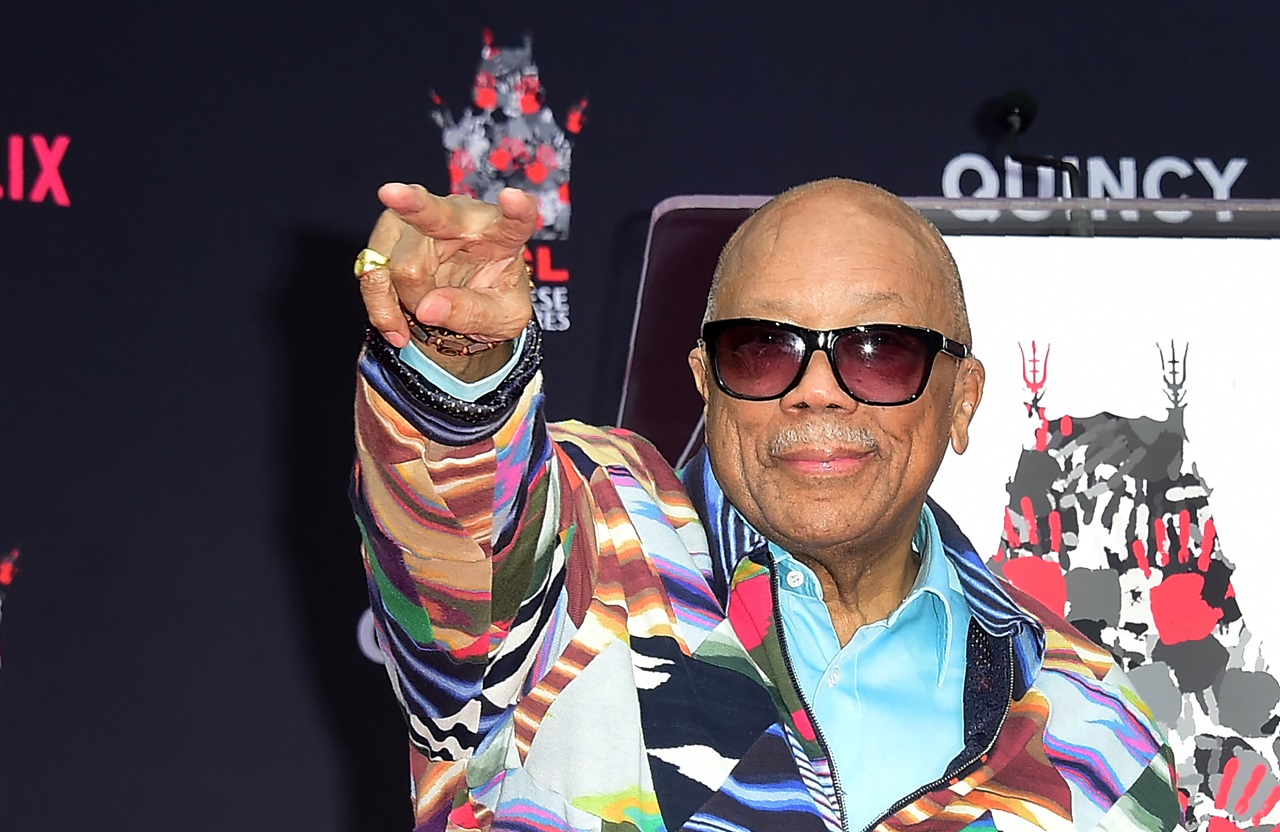


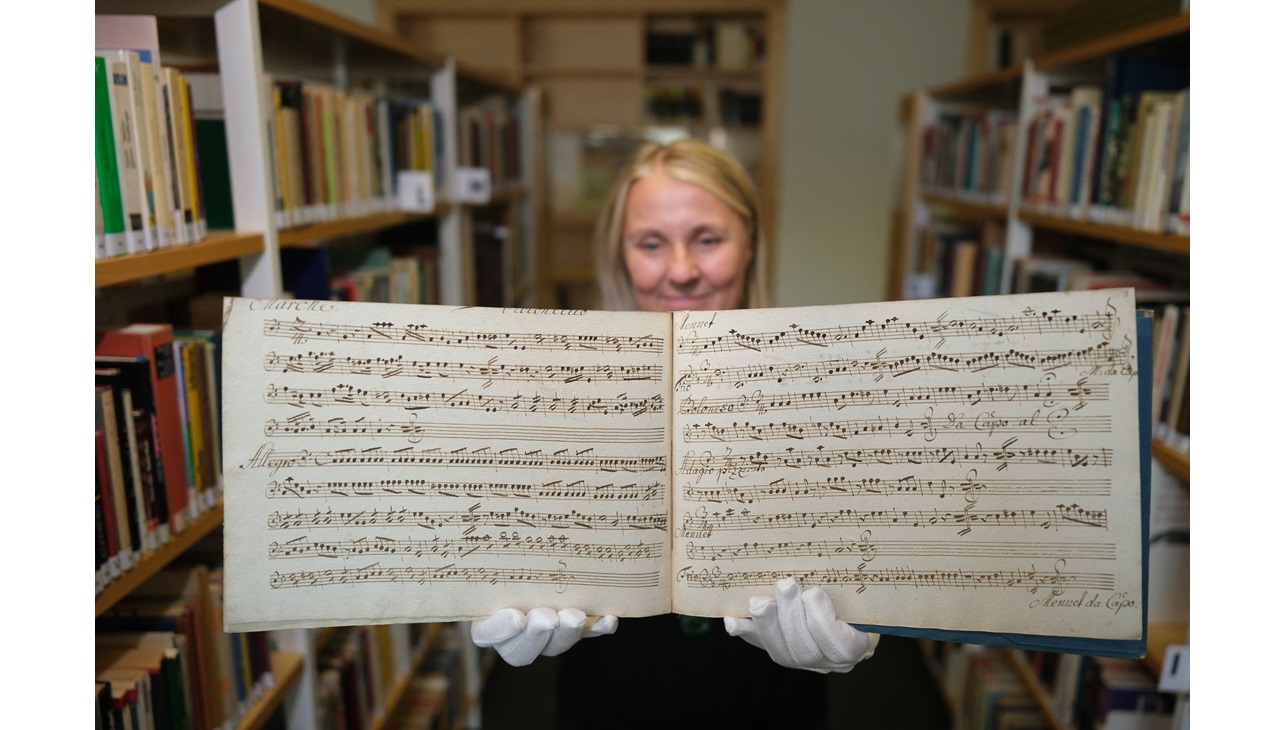
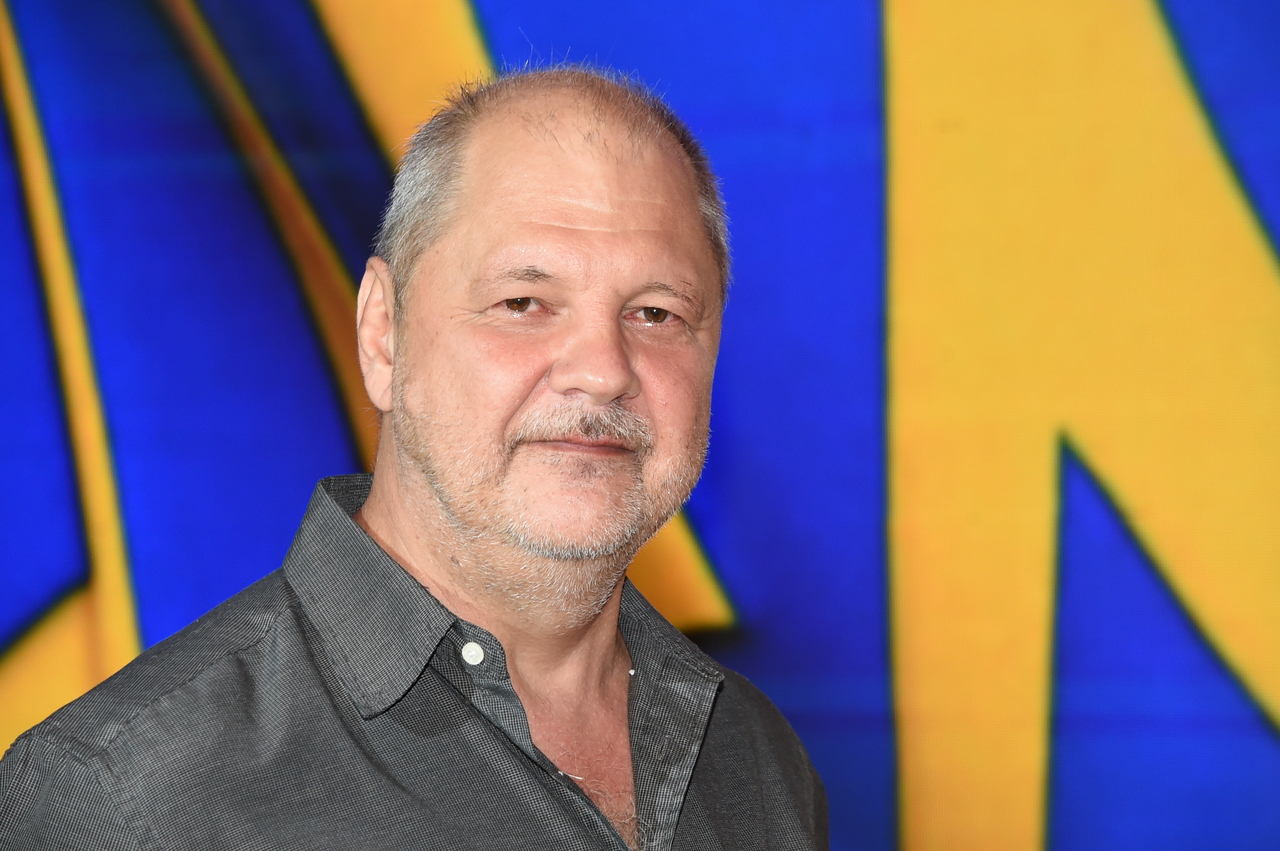
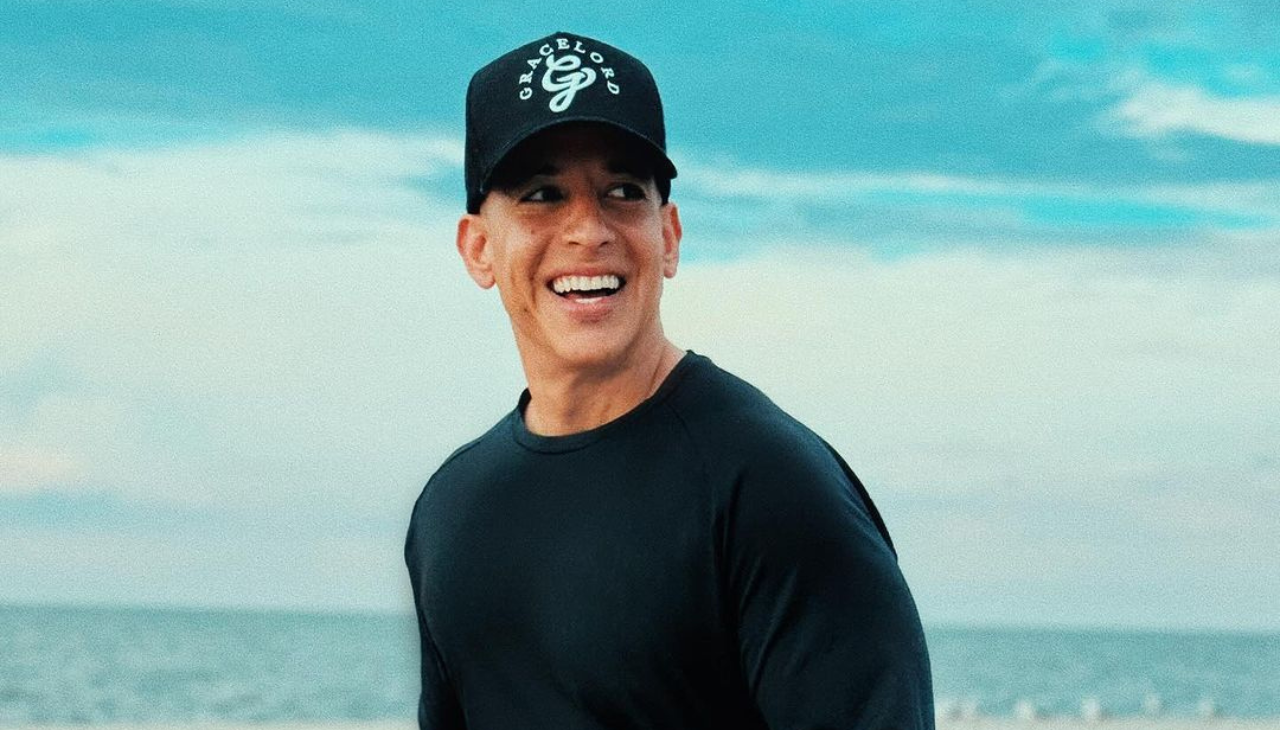
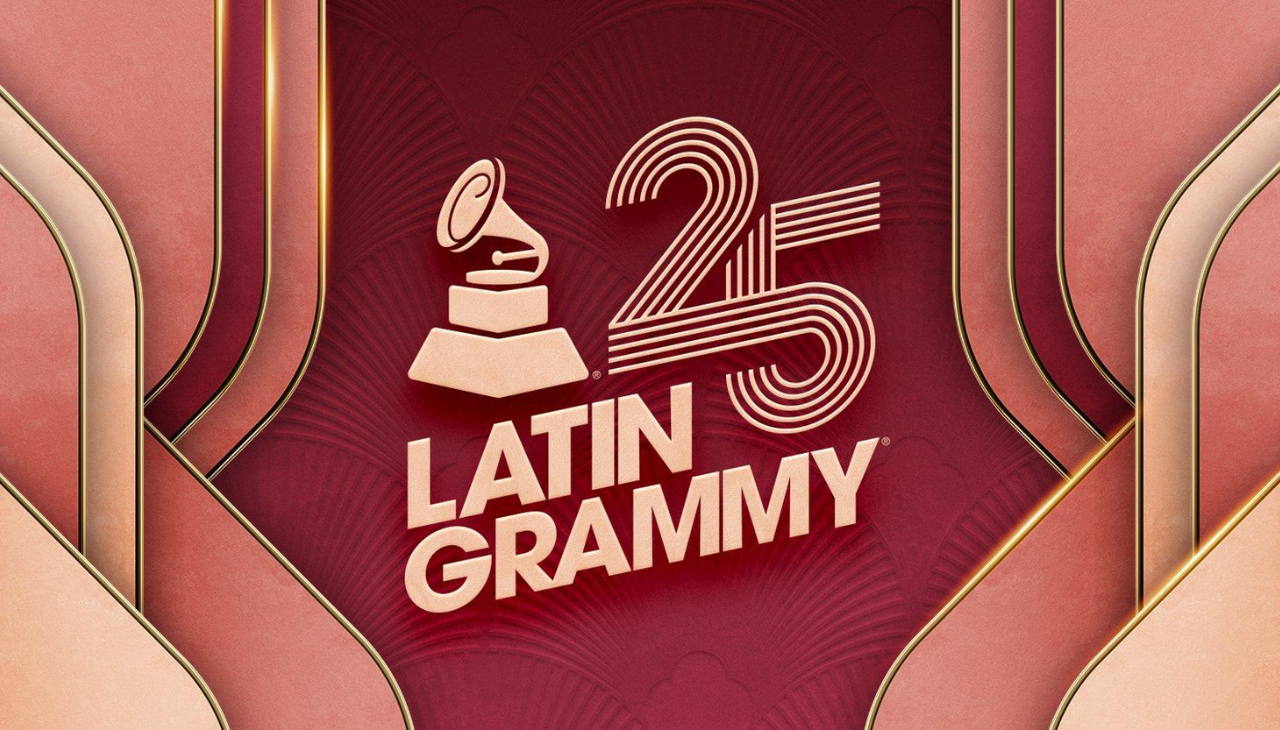
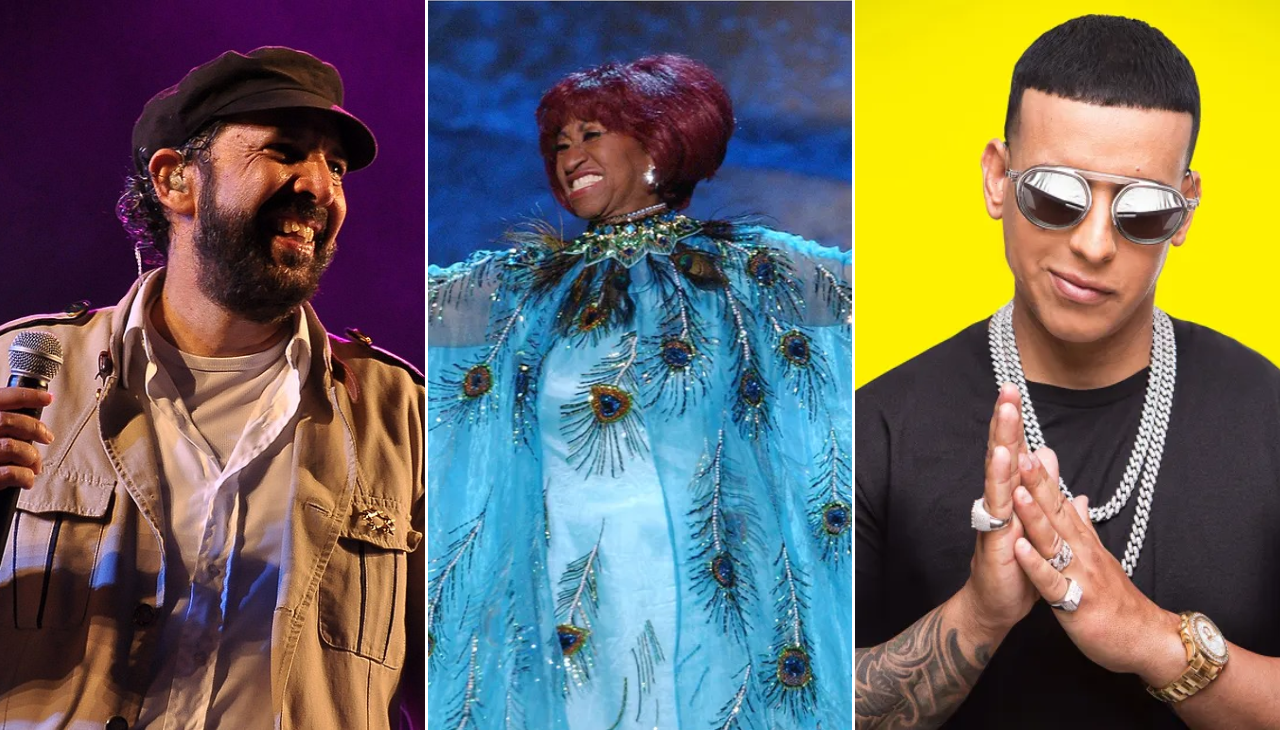

LEAVE A COMMENT:
Join the discussion! Leave a comment.